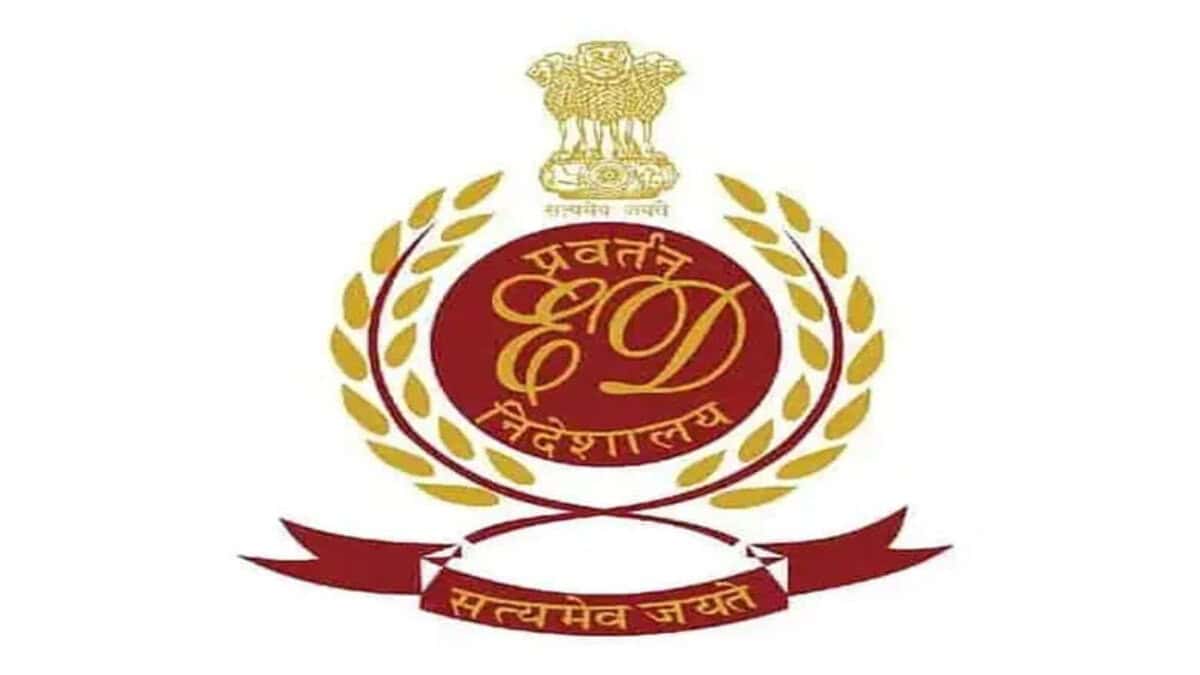
Kolkata: The Enforcement Directorate have started tracking the sources of the documents based on which Azad Mullick, the Pakistani citizen whom ED arrested in Kolkata in April, secured an EPIC card, with which he voted twice, first in the 2021 West Bengal Assembly election and then in the 2024 Lok Sabha polls.
Sources aware of the development said that what has kept the ED investigating officials even more intrigued is how the EPIC card held by Azad did not create doubts in the minds of the review officials during the interim revision of the voters’ list between 2021 and 2024.
The officials are in touch with the offices of the Election Commission of India (ECI) and the Chief Electoral Officer (CEO), West Bengal, to get details of the documents furnished by Azad for getting the EPIC card.
According to information available with ED, Azad was enrolled as a voter of Dum Dum-Uttar Assembly constituency in North 24 Parganas district, which is again one of the seven Assembly constituencies under Dum Dum Lok Sabha constituency. He admitted this in the face of interrogation about his voting in 2021 and 2024.
The issue of foreign nationals becoming voters in West Bengal has become a politically sensitive issue in the state ahead of the Assembly elections scheduled next year.
On Tuesday, ECI ordered the office of the CEO, West Bengal, to probe the case of a man, who was active in the student ‘movement’ in Bangladesh last year, and features as a registered voter in the Kakdwip Assembly constituency in South 24 Parganas district.
The controversy surfaced after some whistleblowers highlighted the picture of Newton Das, a registered voter with Kakdwip Assembly constituency, featuring in the students’ movement in Bangladesh last year on social media. The whistleblowers and a cousin of Das also claimed that Das had dual citizenship in India and Bangladesh.
According to the Leader of Opposition in West Bengal Assembly, Suvendu Adhikari, the new addition to the endless list of corruption under the Trinamool Congress regime is ensuring the enlistment of Bangladeshis in the state’s voters list
The case of Azad, originally a Pakistani citizen, was even more complicated. When he was arrested at the beginning of April, documents seized by the ED official then showed that he was a Bangladeshi citizen, who was residing in India after arranging Indian identity documents, including an Indian passport, by furnishing fake documents.
However, on April 29, the ED counsel informed a special court in Kolkata that in the face of interrogation, Mullick admitted that he was an original resident of Pakistan. He said he first managed to arrange a Bangladeshi citizenship for himself through the use of forged documents and subsequently, in the same manner,r arranged Indian identity documents.


